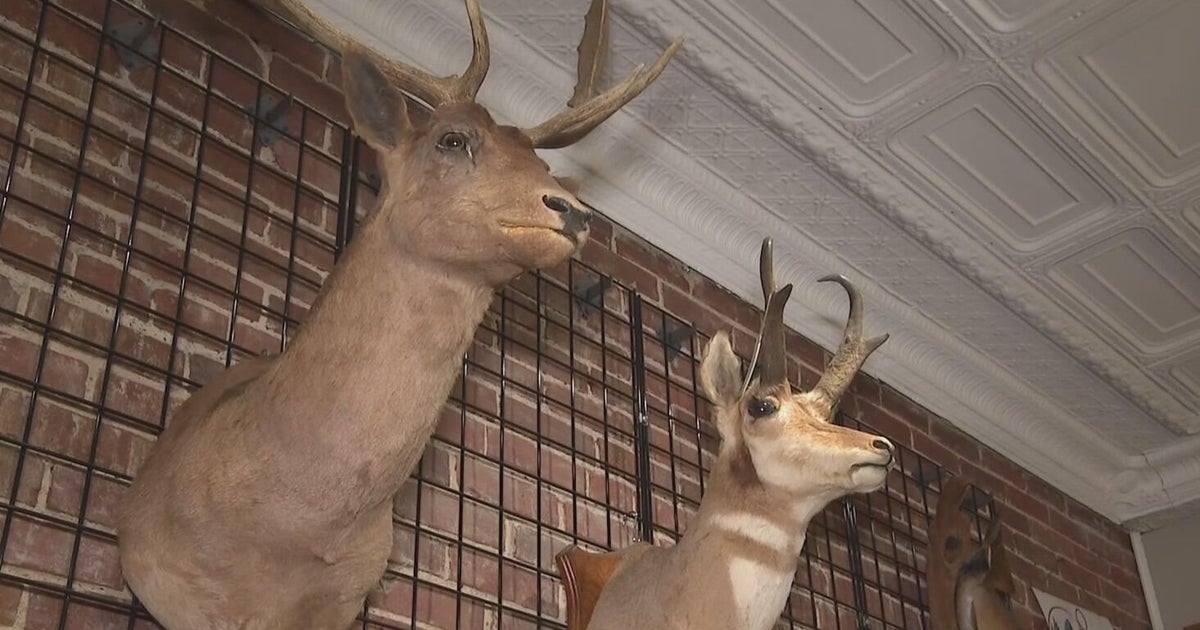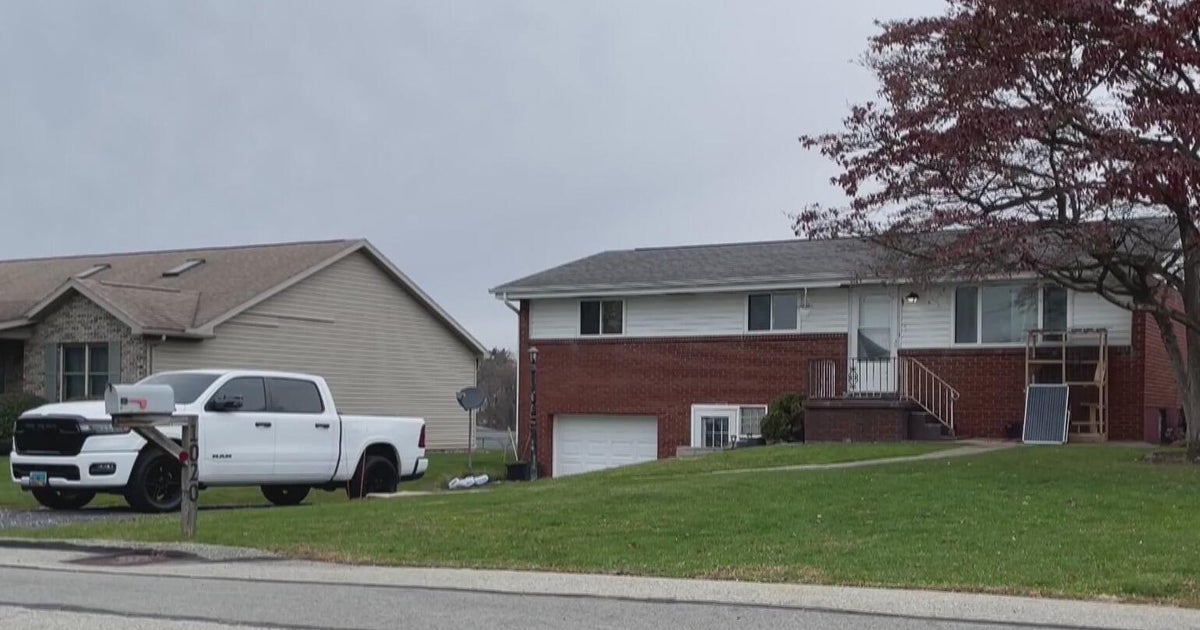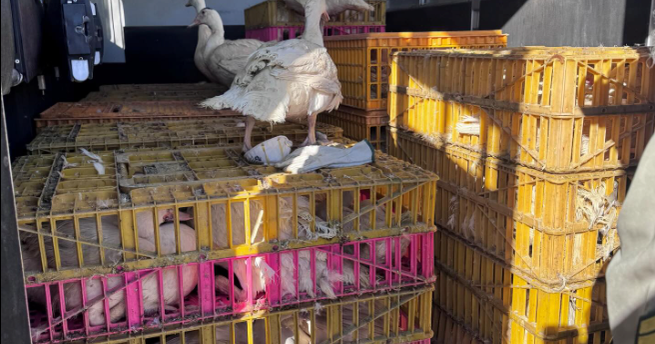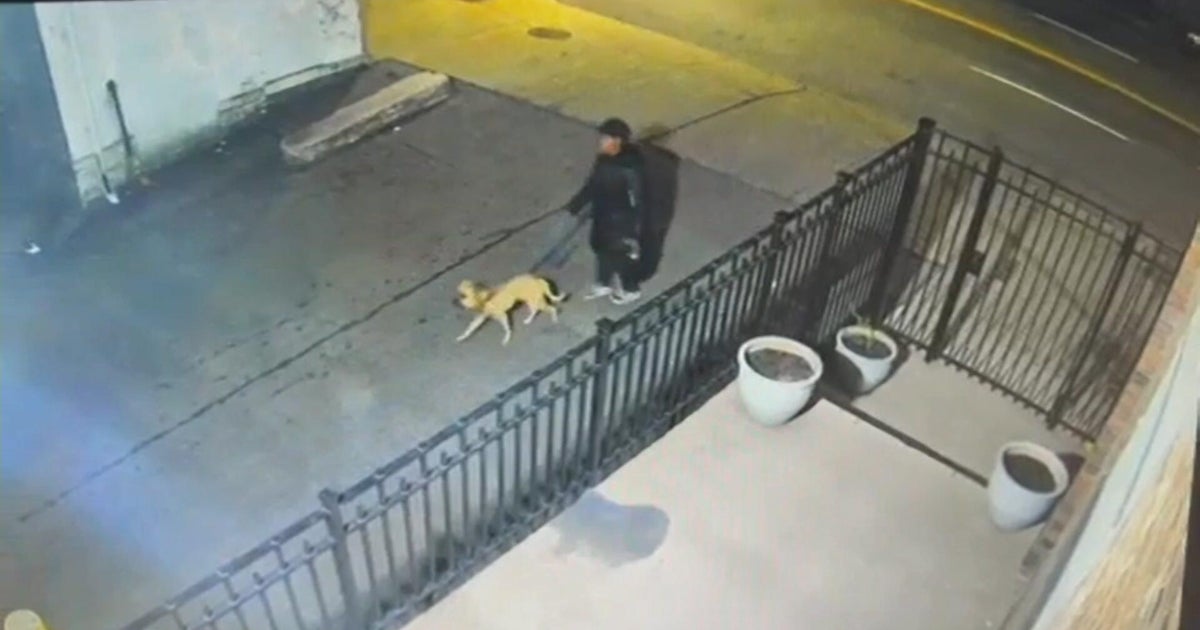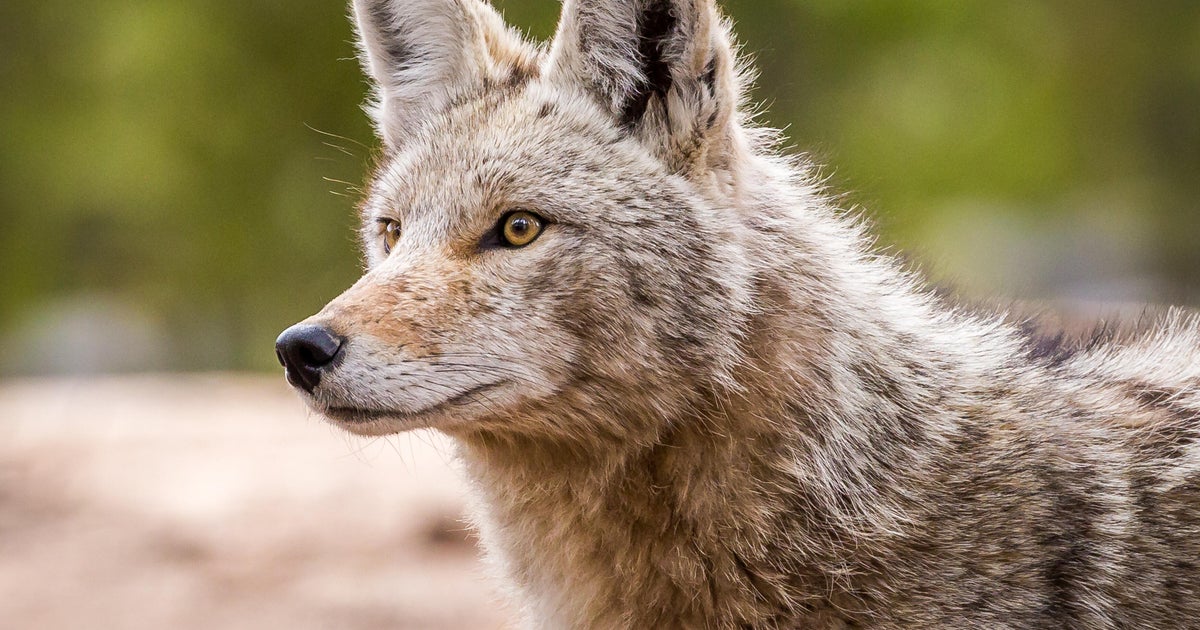3 Exotic Animal Preserves In Southwestern Pa.
GRINDSTONE TOWNSHIP (KDKA) -- There are at least three exotic animal preserves in southwestern Pennsylvania.
So what are the rules governing these facilities?
The Western Pennsylvania National Wildlife Orphanage sits on 100 acres in Grindstone Township, Fayette County.
They have a couple dozen lions, tigers, wolves and other exotic animals.
It's a nonprofit rescue sanctuary founded 25 years ago by Dr. William Shepard who says Pennsylvania is much tougher than Ohio in allowing people to keep exotic animals.
"The state's pretty good about that," he said. "They don't let just anybody have them."
"Now, many years ago that wasn't so – back in 80's when we got started, just about anybody with $50 could get a permit and get a tiger or a lion but that's changed significantly," he added.
In Pennsylvania, you can still get a permit for $50 a year, but you also must have permission from your municipality and document that you have two years of experience handling them.
Dr. Shepard hates to see it, but he understands why police in Zanesville, Ohio, had to shoot and kill the escaped animals.
"Ours our really gentle with us, but someone that doesn't know anything, a child that would run … they'd instantly be attracted to them ," he said.
No animals have escaped the sanctuary in 25 years. There is a double-door entry system and fences that would require a 15-foot leap. The fences are also electrified.
Living Treasures Zoo in the New Castle area is home to a wide variety of rare and exotic animals.
"Having any exotic animal is a dangerous thing to do – it just has to be done responsibly," Adam Guiher, owner and manager of Living Treasures, said.
Living Treasures, licensed by the U.S. Department of Agriculture, gets inspected twice a year. They also have a permit from the Pennsylvania Game Commission which has tougher regulations than in neighboring Ohio.
Even so, Guiher says they use even stricter safety measures than required.
"We have a 16-foot fence and then we have actually three to four layers of perimeter fencing around all of our big carnivore enclosures," he said.
As for what happened in Zanesville, Ohio, Guiher agrees with the decision to shoot and kill.
"We have a high-powered rifle and we have tranquilizing equipment on site here that could be accessed at any time that we ever had to," he said.
RELATED LINKS
